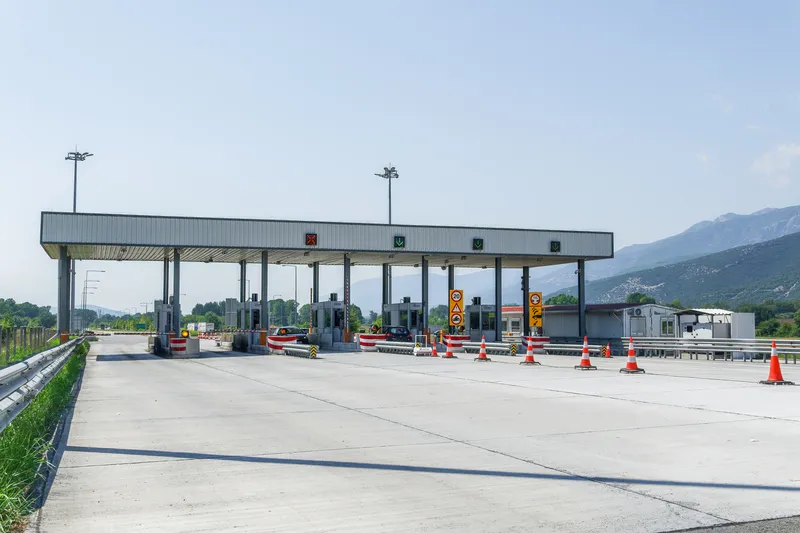The European Commission has published nine studies on the state of play and the development needs of the Ten-T core network corridors. The studies have identified infrastructure development needs which represent approximately US$811 billion of financial investment until 2030. They highlight the importance of optimising the use of infrastructure along the corridors, notably through intelligent transport systems, efficient management and the promotion of future-oriented clean transport solutions. This is the
January 20, 2015
Read time: 2 mins
The European Commission has published nine studies on the state of play and the development needs of the Ten-T core network corridors. The studies have identified infrastructure development needs which represent approximately US$811 billion of financial investment until 2030. They highlight the importance of optimising the use of infrastructure along the corridors, notably through intelligent transport systems, efficient management and the promotion of future-oriented clean transport solutions. This is the first time that tens of thousands kilometres of rail, road, inland waterway connections, ports, airports and other transport terminals have been studied in such a comprehensive way and with a common methodology.
Violeta Bulc, EU Commissioner for Transport said, "We have to step up our efforts to make sure the core network will be fully operational by 2030, to ensure smooth transport flows for passengers and goods throughout the EU. Now is the time to invest in TEN-T projects and to maximise the benefits of the Connecting Europe facility and the Commission's US$365 billion investment plan. After all, the Trans-European Transport Network is crucial for a Union striving for more growth, jobs and competitiveness. As Europe is slowly stepping out of the economic crisis, we need a connected Union, without barriers, in order for our single market to thrive."
A team of external experts undertook a comprehensive study for each Trans-European Transport corridor. They analysed the current infrastructure status, located problems hampering traffic flows for passengers and freight, and identified action to be undertaken from now to 2030. They include preliminary lists of projects which aim at completing cross-border and other missing links, removing bottlenecks, inter-connecting transport modes and enhancing interoperability – notably for railway traffic.
The results of these studies will be taken into account when deciding on the allocation of EU funds for the period 2014-2020, under the Connecting Europe facility. The project pipeline resulting from these corridor studies constitutes a particularly important source for the US$365 billion European Investment Plan, which was published by the Commission in November 2014.
Violeta Bulc, EU Commissioner for Transport said, "We have to step up our efforts to make sure the core network will be fully operational by 2030, to ensure smooth transport flows for passengers and goods throughout the EU. Now is the time to invest in TEN-T projects and to maximise the benefits of the Connecting Europe facility and the Commission's US$365 billion investment plan. After all, the Trans-European Transport Network is crucial for a Union striving for more growth, jobs and competitiveness. As Europe is slowly stepping out of the economic crisis, we need a connected Union, without barriers, in order for our single market to thrive."
A team of external experts undertook a comprehensive study for each Trans-European Transport corridor. They analysed the current infrastructure status, located problems hampering traffic flows for passengers and freight, and identified action to be undertaken from now to 2030. They include preliminary lists of projects which aim at completing cross-border and other missing links, removing bottlenecks, inter-connecting transport modes and enhancing interoperability – notably for railway traffic.
The results of these studies will be taken into account when deciding on the allocation of EU funds for the period 2014-2020, under the Connecting Europe facility. The project pipeline resulting from these corridor studies constitutes a particularly important source for the US$365 billion European Investment Plan, which was published by the Commission in November 2014.







